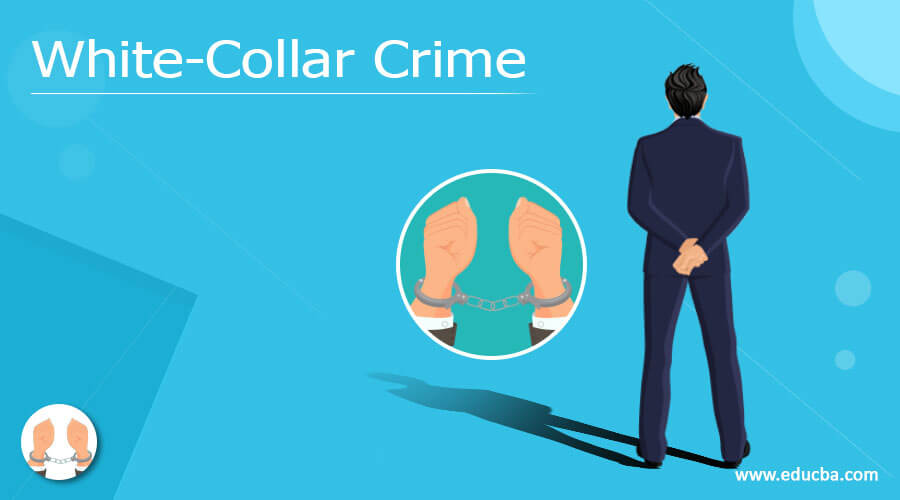White-collar crime: types, ways of detection, prevention policies, prosecution and punishment.
Jun 13, 2023
This paper discusses white-collar crime and its effects on society. White-collar crime can take many forms, including embezzlement of funds, insider trading, fraud, bribery, money laundering and more. We will look at how these types of crimes are detected and prevented as well as the policies around prosecution and punishment for those who commit them.
We will begin by looking at the different types of white-collar crime and their potential consequences. Embezzlement is the misappropriation of funds or assets for one’s own personal gain that has been entrusted to someone else. Insider trading is when insiders use information not available to the public to buy or sell stocks in order to make a profit. Fraud involves making false statements to deceive another person or entity in order to obtain money or goods. Bribery is the offering of something of value in exchange for influence or advantage, and money laundering is the process of concealing illegal sources of income.
In terms of detection, white-collar crime can be difficult to detect due to the complexity of its methods and techniques. Digital forensics can be used to find patterns or anomalies in financial data, while anti-money laundering software can help with detecting suspicious activity. Financial audits are also helpful in identifying discrepancies between what has been reported and what has actually taken place.

To prevent white-collar crime from occurring, businesses must implement policies that promote ethical behavior and accountability among their employees. These should include clear codes of conduct that employees must adhere to, as well as regular training and monitoring. Additionally, businesses should have procedures in place for reporting suspicious activity or wrongdoing to the appropriate authorities.
When white-collar crimes are discovered, governments typically prosecute those responsible using existing laws. Depending on the jurisdiction and severity of the crime, sentences can range from fines to jail time or restitution of funds. In some cases, government agencies may also step in to help victims recover their losses if they are able to prove that they were wronged by a business or individual.
In conclusion, white-collar crime is an unfortunate reality of our world today and has serious consequences for everyone involved. It is important for individuals and businesses alike to be aware of the different types of white-collar crime and their potential consequences, as well as the methods used to detect, prevent, and prosecute them. By taking these steps, we can help ensure that justice is served and work towards a more ethical future.
